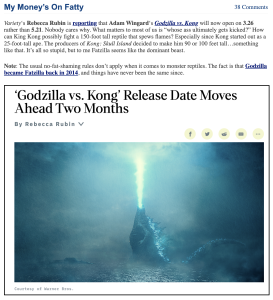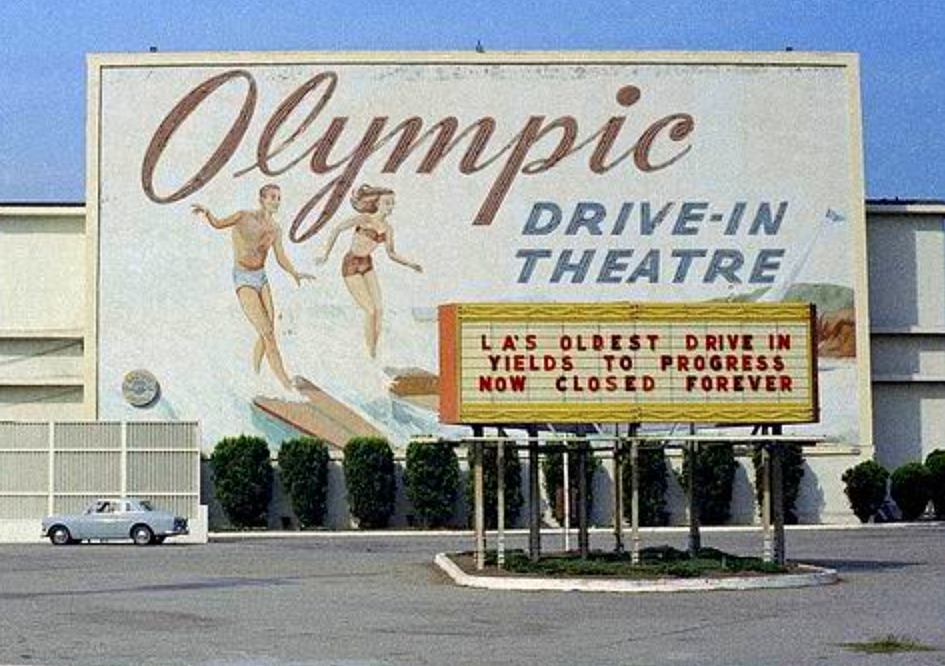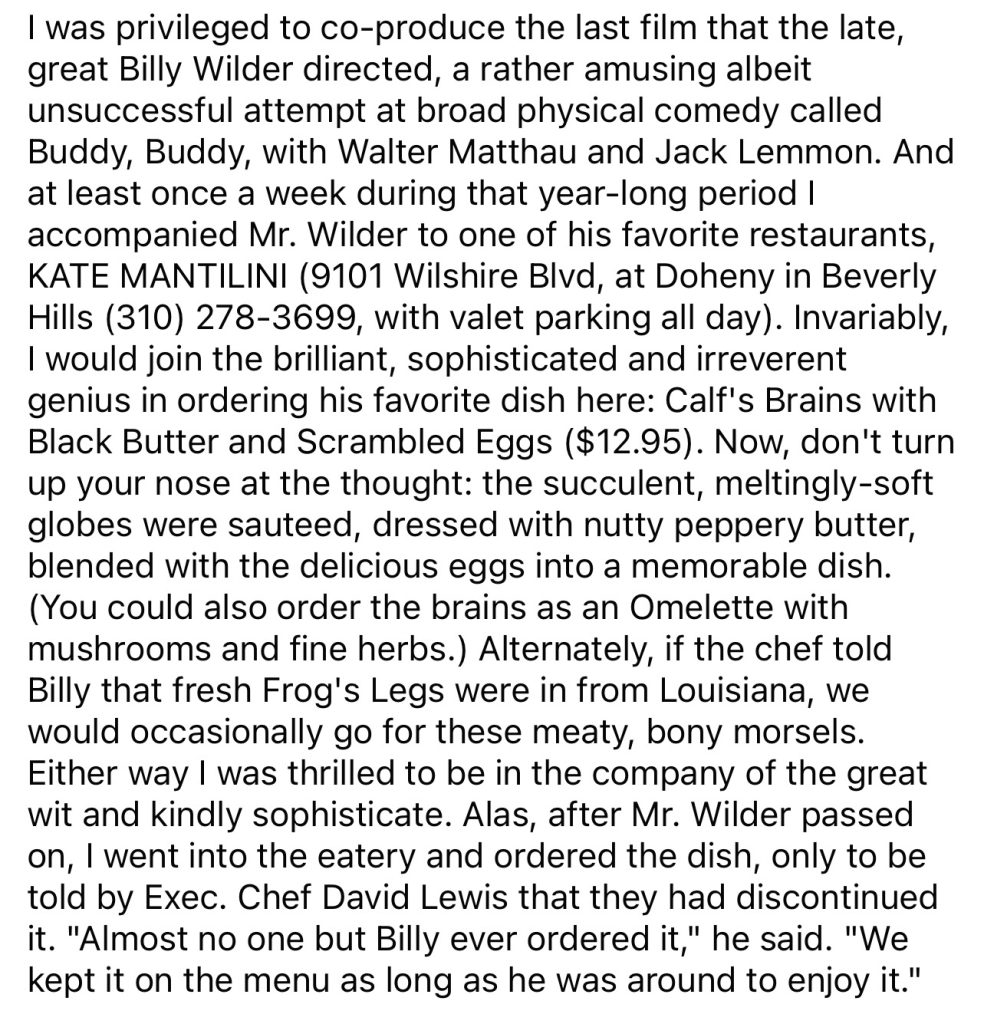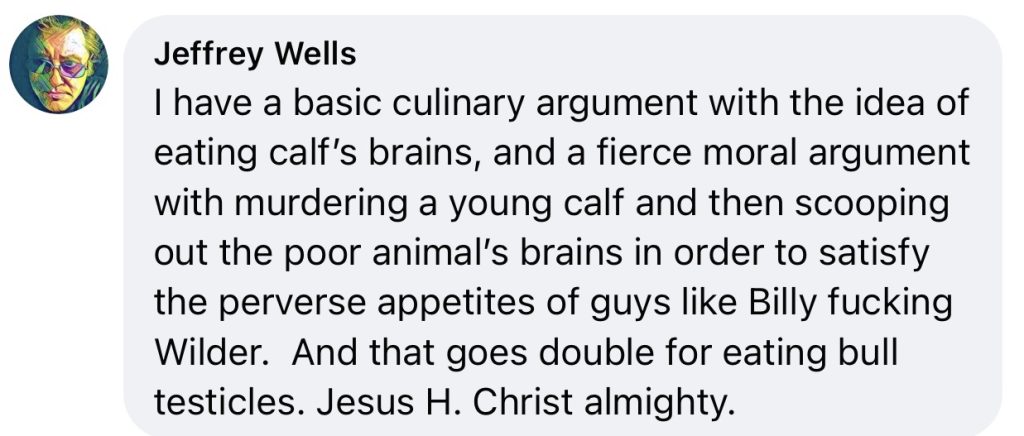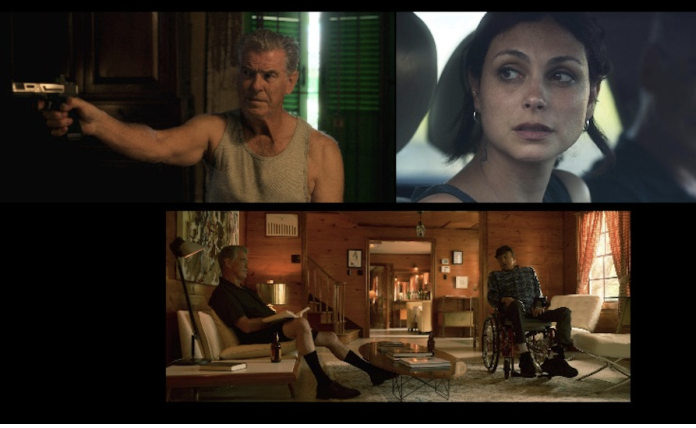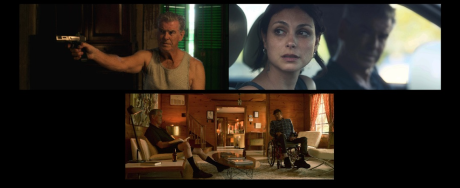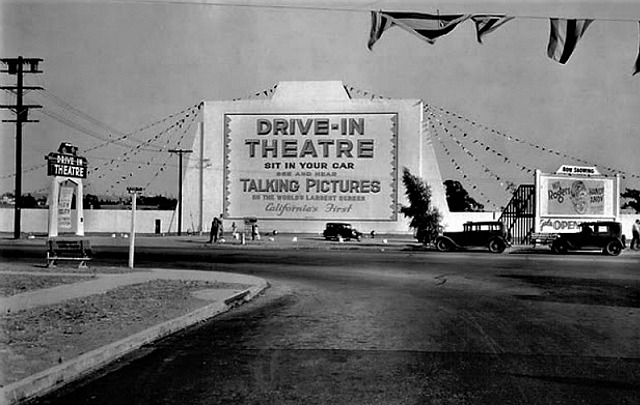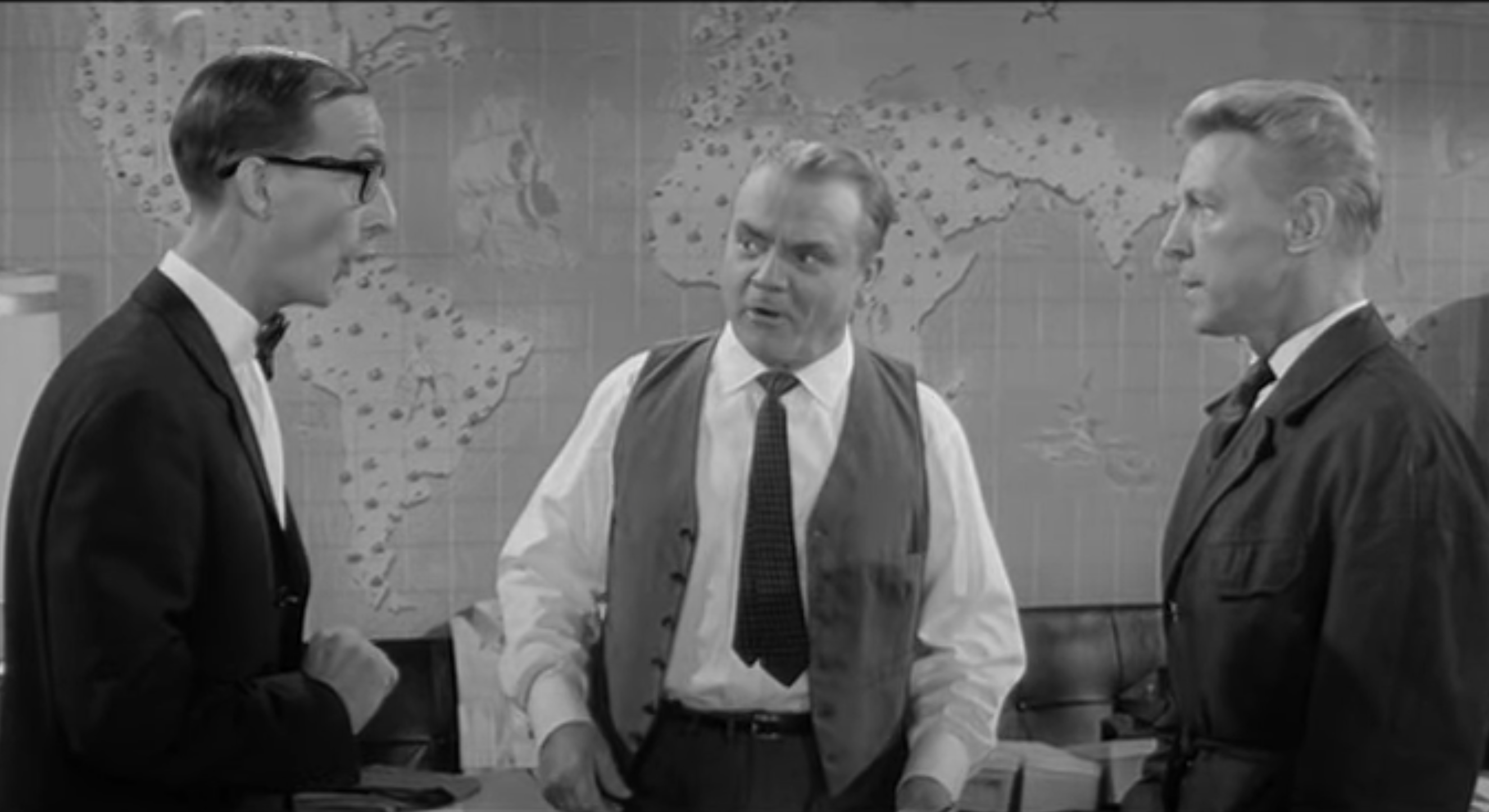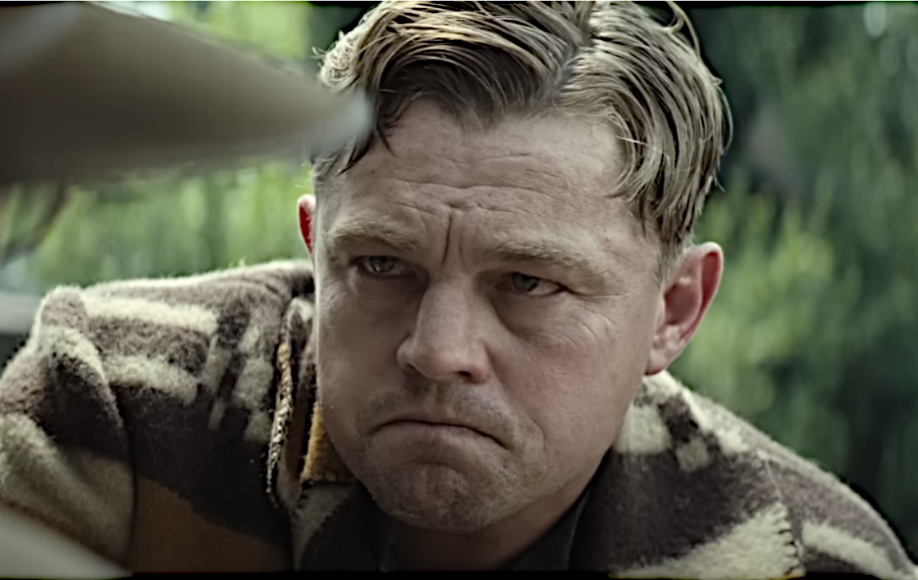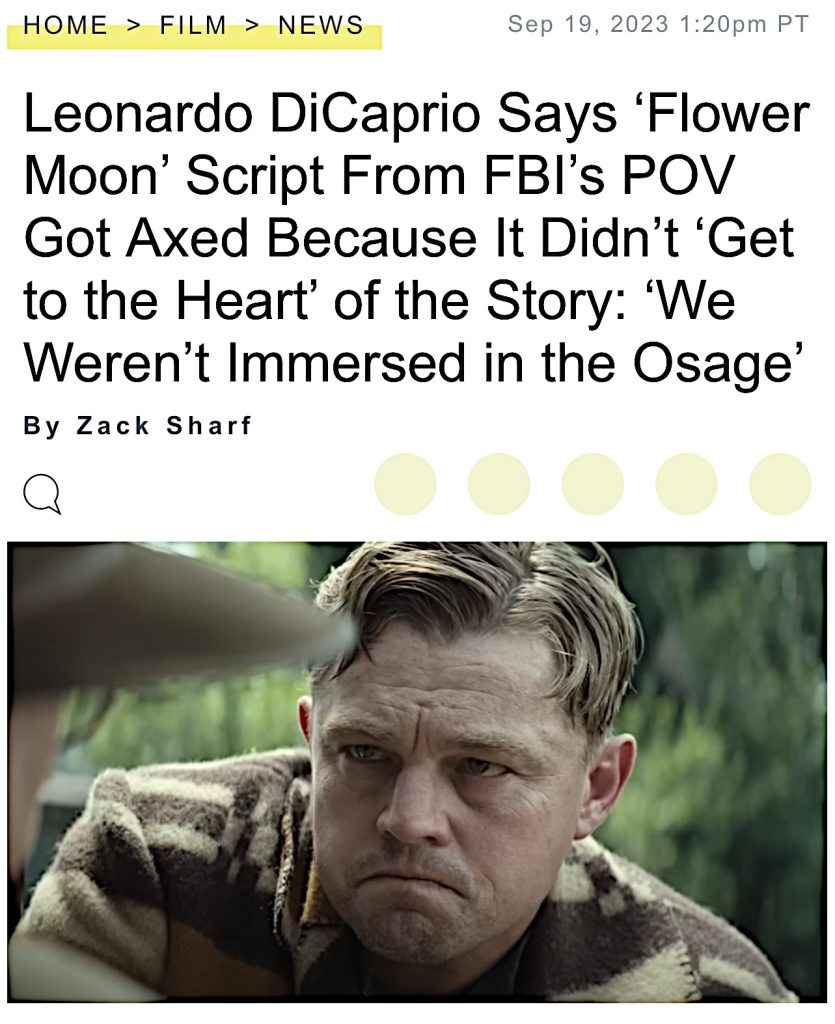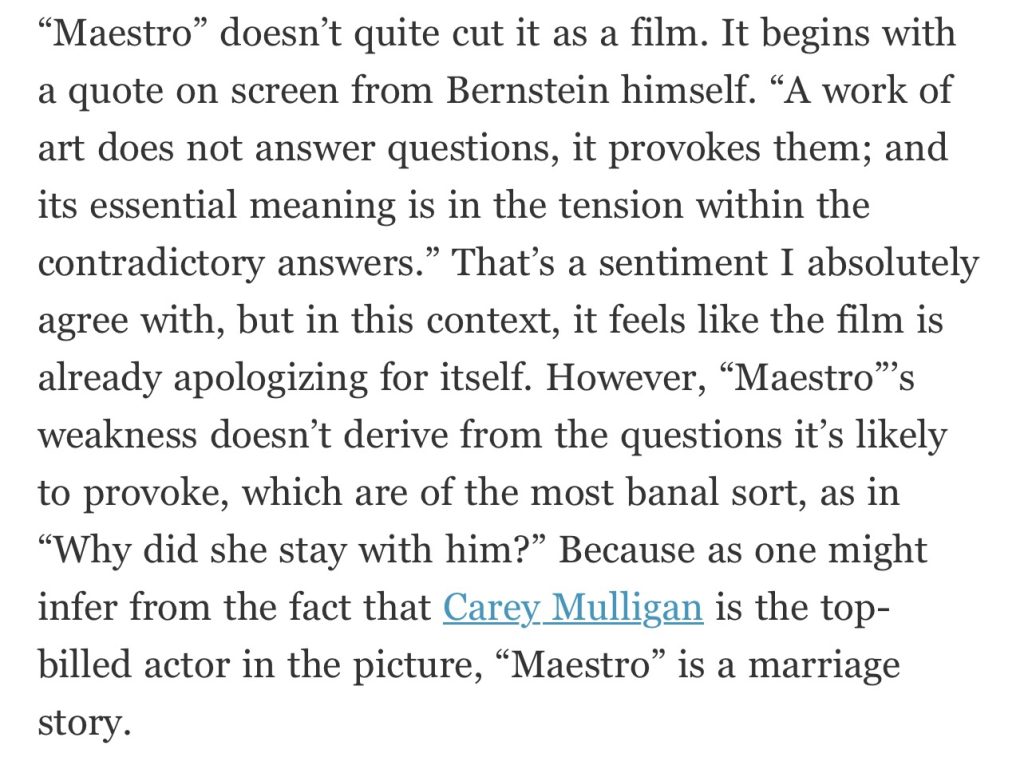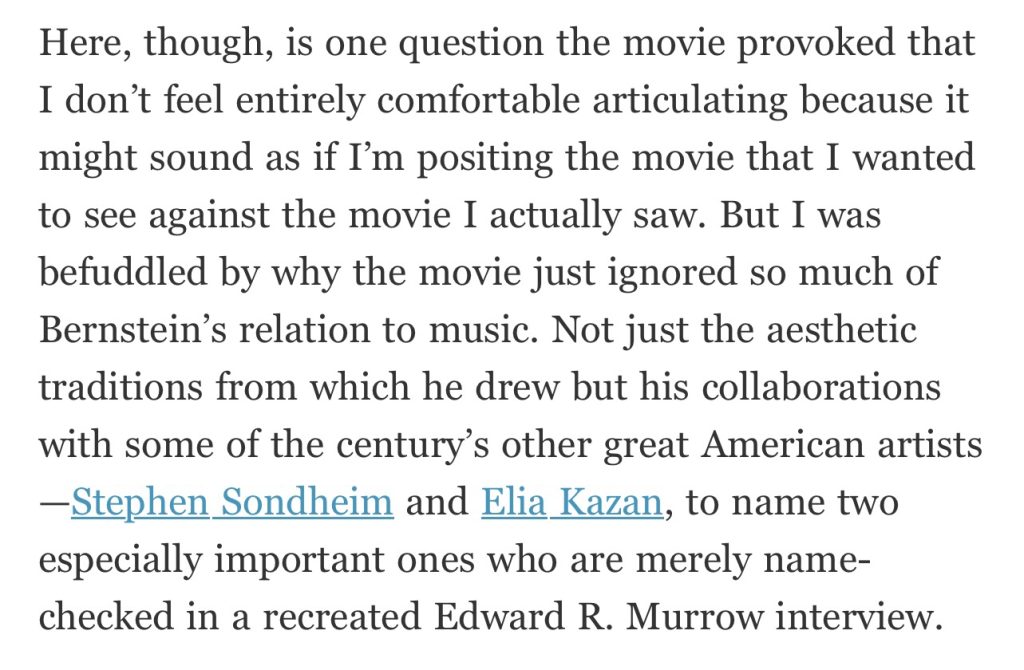Variety‘s Clayton Davis is reporting that Killers of the Flower Moon costar Lily Gladstone won’t campaign for the Best Supporting Actress Oscar (a prize she would almost certainly win without breaking a sweat) but instead for Best Actress, which is not my idea of a smart move.
For one thing Gladstone will be going up against Maestro‘s Carey Mullligan and Poor Things‘ Emma Stone — definitely the top two frontrunners as we speak. Not to mention Anatomy of a Fall‘s Sandra Huller, Priscilla‘s Cailee Spaeny (who won the Best Actress prize in Venice), Nyad‘s Annette Bening and The Color Purple‘s Fantasia Barrino.
Gladstone’s handlers know that her performance as Osage Nation victim Mollie Burkhart is good but unexceptional — the hard truth is that director Martin Scorsese and screenwriter Eric Roth didn’t give her all that much to perform. She mainly radiates suspicion and hostility at the white guys who are killing her fellow Osage tribespersons for their oil money.
Her performance is certainly less of a grabber than Stone’s, and the word on the street is that Mulligan, who’s been giving one knockout performance after another since breaking through 14 years ago with an acclaimed debut in An Education…the word is that Mulligan blows Maestro costar and director Bradley Cooper off the screen.
And let’s not belittle Huller, Spaeny, Barrino and Bening.
Gladstone’s attempt to land a Best Actress nomination is strictly an identity chessboard play.
The pitch: Gladstone’s performance may not be as powerhouse as Stone’s or Mulligan’s, but, as Davis explains in his article, this is a chance for the Academy to make history and set things right. “Don’t bother about quality of performance or the scope of her role,” Gladstone’s team is saying. “Identity is a much bigger deal.”

Davis: “Indigenous representation in the Academy has been virtually non-existent in the history of cinema. There have been three Indigenous women nominated for best actress — Merle Oberon for The Dark Angel (1935), Keisha Castle-Hughes in Whale Rider (’03) and Yalitza Aparicio for Roma (’18). Those women are British, Kiwi, and Mexican, respectively. Along with never winning an acting Oscar, an Indigenous actress from the U.S. has never won a SAG or Critics Choice prize, or even been nominated by those groups.”
Over the last six or seven years HE has noted repeatedly that woke flavors, sympathies and constitutions have been a ticket to Oscar glory by way of the New Academy Kidz. Movies about ethnic, non-white or outside-the-usual-mainstream characters and subject matter and/or films made by women or non-Anglos…good to go.
In the Best Picture category alone the winners have fit this paradigm…(1) the middle-class Asian family meets a Marvel-esque nerd sensibility in Everything Everywhere All at Once, (2) the hearing-challenged family in CODA, (3) the homeless woman saga, directed by a female Asian (Chloe Zhao), that was Nomadland, and (4) Parasite, the lacerating social drama directed by a South Korean genre nerd (Bong Joon ho). Green Book’s Best Picture triumph was an exception to this pattern (and was fiercely condemned by woke critics and columnists) but Moonlight (Black director-writer, focus on Black gay males) adhered to it.
Woke ideology has taken over, and everything (including Oscar campaigns in the acting categories) is measured by this.
Telluride flashback: On Thursday, 8.31, I was chatting with a couple of journo columnist acquaintances (i.e., not strictly critics) who, for political reasons or whatever, had seemingly bought into woke theology, or at least seem to have decided that siding with the wokesters is the safest way to go. The subject turned to Killers of the Flower Moon and my previously-stated view that Gladstone will not only be Oscar-nominated but may win, partly for the quiet intensity of her performance but largely, be honest, because of her Native American heritage. Because a Native American has never won an acting Oscar before.
I opined that in terms of her actual performance Gladstone delivers sufficiently but that’s all. Mostly she stares a hole into the camera lens…quietly enraged, guilt-trippy, “God will get you,” etc.
Immediately upon saying that Gladstone’s ethnicity will be a significant factor in landing a nomination, one of the journos said this was “insulting” and that “I won’t have it…I won’t tolerate this.” He was essentially saying that my opinion was racist, although he qualified this with the fact that we’ve known each other for decades and that he likes me personally but this kind of talk (harumph) will not be allowed in his presence.
Gladstone should go supporting. She would win in a walk.
